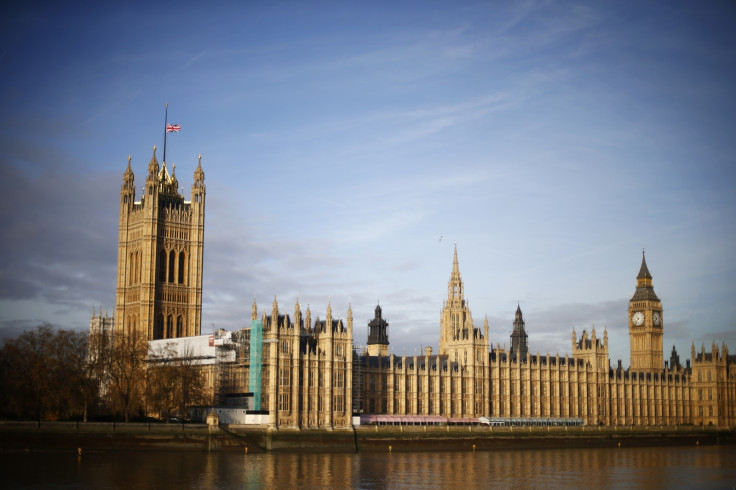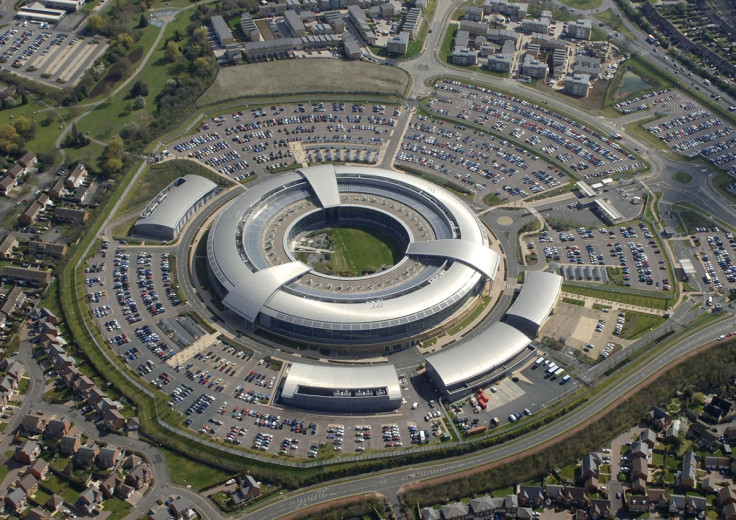Snoopers' Charter: EFF claims proposals will lead to 'unbridled surveillance'

The Electronic Freedom Foundation, a US-based privacy advocacy group that campaigns on civil rights and privacy issues, has hit out at the UK Investigatory Powers Bill – also known as the Snoopers' Charter – claiming the proposals will usher in an era of 'unbridled surveillance'.
"The Investigatory Powers Bill, as written, is so vague as to permit a vast range of surveillance actions, with profoundly insufficient oversight or insight into what Britain's intelligence, military and police intend to do with their powers," said EFF's Eva Galperin and Danny O'Brien in a statement. "It is, in effect, a carefully crafted loophole wide enough to drive all of the existing mass surveillance practice through."
The draft bill, first presented to the UK Parliament last year, aims to provide the police, government and intelligence agencies with enhanced surveillance powers while legitimising a number of the more murky snooping tactics already in use. Under the bill, service providers would be forced to store communications data for 12 months, GCHQ would be legally allowed to hack into targeted devices and a slew of 'bulk' collection powers would be avowed.
A number of these key surveillance tactics – which police argue are used to effectively target terrorist adversaries – were first exposed in 2013 by former NSA-contractor Edward Snowden, who disclosed hundreds of documents that outlined a vast spying apparatus used by agencies across the globe.
Now, the draft Investigatory Powers Bill attempts to address a number of these issues. Yet critics of the bill have remained vocal about the vague and unrefined language in the proposals such as 'internet connection records' and 'communications content'.
"The government's excuse is that it wants to create a 'future-proof' bill, but loose language is bad for businesses trying to understand what obligations they are under. And it's certainly bad for civil liberties when governments exploit those ambiguities to obtain or hold onto new powers," said the EFF.
The group's critical comments come following an in-depth analysis of the proposals by the UK's House of Commons Science and Tech Committee which warned the bill was "ambiguous" and lacking in both transparency and clarity.
The tech firm backlash
Privacy groups are not alone in opposing key sections of the bill. They are joined by a slew of major technology firms, including Facebook, Google, Microsoft and Twitter, which have all been vocal in speaking out about the potential of weakened encryption and so-called software backdoors.
In one joint written submission to the UK Parliament, these firms banded together to claim the Snoopers' Charter was "a step in the wrong direction".

"The clearest example is the authority to engage in computer network exploitation, or equipment interference. To the extent this could involve the introduction of risks or vulnerabilities into products or services, it would be a very dangerous precedent to set, and we would urge your government to reconsider," the submission stated.
Additionally, the firms said they would outright reject any proposals that would require companies to deliberately weaken security to help provide government access to data.
"We reject any proposals that would require companies to deliberately weaken the security of their products via backdoors, forced decryption or any other means," they said.
"We therefore have concerns that the bill includes 'obligations relating to the removal of electronic protection applied by a relevant operator to any communication or data' and that these are explicitly intended to apply extraterritorially with limited protections for overseas providers.
"The actions the UK Government takes here could have far reaching implications - for our customers, for your own citizens, and for the future of the global technology industry."
Indeed, following the publication of the draft bill the proposals faced a high degree of scrutiny under the UK Parliament and number of witnesses were called before the government to give evidence, from former NSA directors to high-ranking Home Office officials.
© Copyright IBTimes 2025. All rights reserved.























